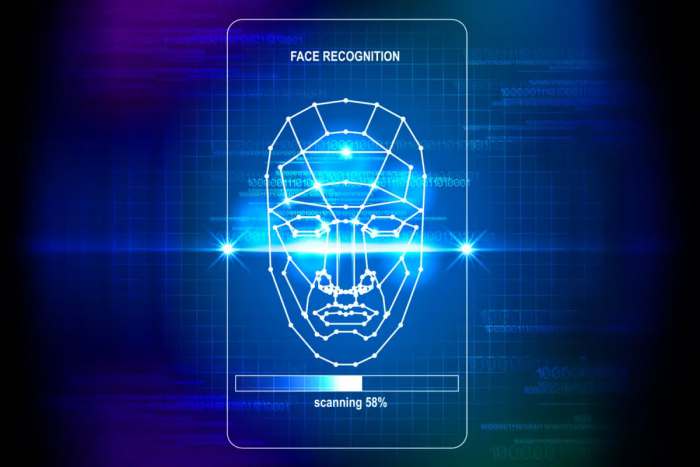The police in China have arrested 515 people in a special campaign against fraud cases that are related to face spoofing technology. These scams are known as “Deepfake,” according to the Ministry of Public Security on Thursday, August 11.
The operation to detain the scammers began in May. At that moment, 79 cases related to these types of crimes had been resolved, in concordance with a statement from the Ministry of the Cybersecurity Department, Sun Jinfeng.

The Ministry explained that the police have been monitoring violations these citizens committed by misusing “advanced technologies,” which work similarly to ChatGPT, including crimes related to cloud computing, blockchain, and face spoofing.
The “Deepfake” technology utilizes artificial intelligence to create fake videos or pictures that replace or synthesize people’s faces, voices, and emotions. Regarding the issue, some have expressed their concern about the dangers this technology has, as it is possible for it to generate fake news, defame public figures, or create pornography.

In response, the Chinese internet regulator issued a provisional law that will attempt to regulate the artificial intelligence sector. This law will require content made by chatbots and other generative models to “reflect socialist core values” and not reject national unity or “incite division of the country.”
Still, the legislation leaves services similar to ChatGPT questioning the decision. The application of this type of technology in the Asian country might be limited to their political values and the strict censorship authorities have in China against foreign content.




















